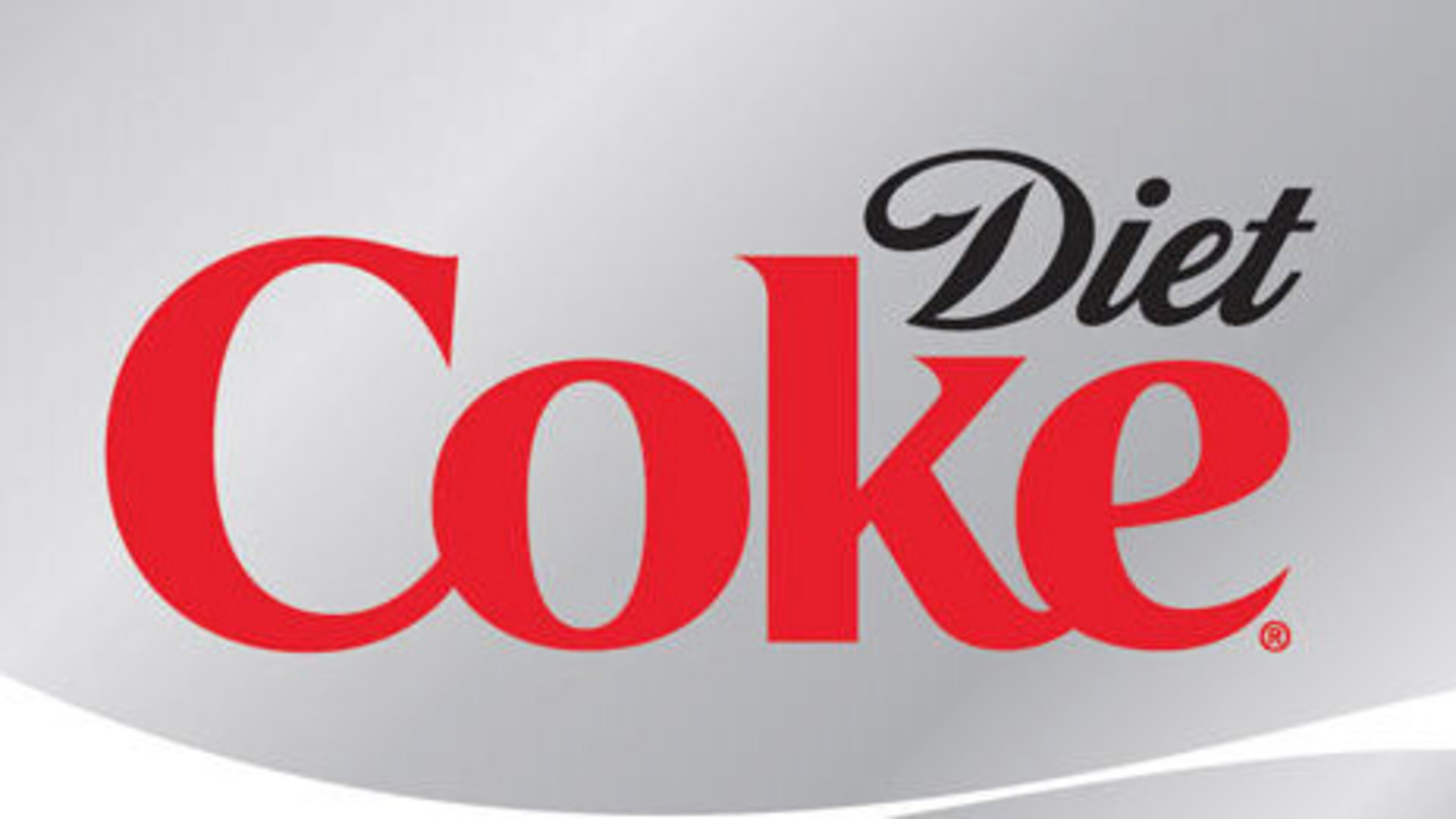New sizes, sales push give Coke a lift

Coca-Cola’s North American carbonated beverage sales rose in the second quarter, but CEO Muhtar Kent was reserved in his excitement.
While the Atlanta company’s profit rose smartly and beat analysts’ expectations, Kent played it cool in a conference call with analysts, saying repeatedly that the company’s performance was in line with its own expectations.
“We are broadly where we expect to be,” he said.
Why such reserve with volume up 1 percent for carbonated beverages, 4 percent for waters and juices, and double-digit growth for higher-margin mini-cans and 8-ounce aluminum bottles?
In short, continuing economic challenges. Also, the carbonated gain in North America was due to expanded distribution of Monster energy drinks, rather than a reversal in the longterm slide of soda sales.
“The global economic recovery remains uneven given the continued slowdown of the Chinese economy, the prospective U.S. tightening cycle as the U.S. prepares to increase interest rates, and the ongoing uncertainty surrounding Greece and its place in the Eurozone,” Kent said during the call.
Coca-Cola is in the second quarter of a year-long effort to get sales back on track by spending more on marketing, offering a wider variety of packaging for drinks, and increasing prices.
Kent said while volume is important, the metric to pay attention to is the number of people being served.
“That is the key litmus test,” he said.
At the same time, consumers are drinking fewer sodas and artificially-sweetened drinks because of health and obesity concerns, impacting the overall cases sold. Coke, however, points out that sales for individual drinks are up — what the company calls transactions — and is contributing to improving global profit, which was up 19 percent.
While soft drink and water sales are improving, Diet Coke continues to tumble, with sales down 7 percent in the quarter, the company said.
Sandy Douglas, president of North America — Coke’s biggest region — said the troubles with Diet Coke are “U.S.-centric” and, in part, are due to misconceptions about the health impacts of artificial sweeteners. By contrast, he said, Coke Zero continues to see grow sales.
He also said the company has no plans to reformulate Diet Coke in the wake of plans by rival Pepsi to unveil next month a line of “aspartame free” Diet Pepsi’s. But he thinks discussions about the rollout could help Diet Coke sales as consumer focus on the category.
Coke reported that second quarter profit rose to $3.11 billion, or 71 cents per share, up from $2.6 billion a year earlier. Revenue slipped to $12.16 billion, partly because of foreign currency exchange rates. Coca-Cola said revenue rose 4 percent overall for the period, excluding such factors.


